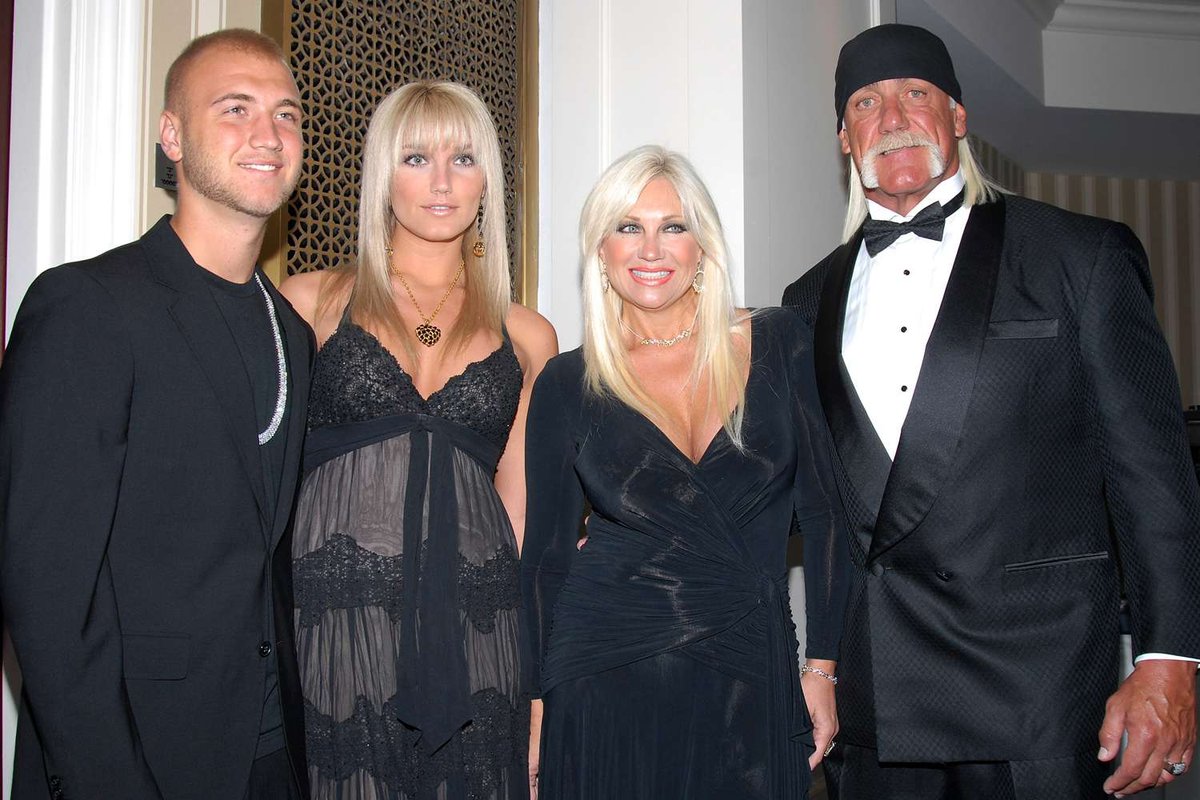Stylist Details Diddy’s Chilling Sex-Tape Threat Against Cassie

A careful review of court transcripts exposes one of the trial’s most disturbing allegations: in 2013, Sean “Diddy” Combs allegedly threatened to humiliate singer Cassie Ventura with private recordings and draw her parents into his intimidation campaign. Drawing on sworn testimony from Cassie’s former stylist, Martinet Fedor, this analysis examines the key evidence, legal context, and wider implications for celebrity accountability.
Court records filed in Manhattan federal court reveal that Fedor, who worked with Cassie from 2010 to 2014, recounted a conversation in which Combs warned he would release an intimate video of Ventura to tarnish her reputation. According to the testimony, Combs declared he could “ruin her worse than her exes ever did” by distributing footage he had recorded. Fedor stated that he threatened to make additional recordings and then “invite her whole family” to witness their release. This specific language, captured in deposition transcripts obtained by People Magazine and court filings, marks a rare moment where a high-profile figure allegedly weaponized private media against a partner’s loved ones.
Legal analysts note that threats involving unauthorized distribution of intimate images can trigger both federal and state statutes criminalizing revenge porn and coercion. While the indictment centers on broader allegations of sexual battery and sex trafficking, this stylist’s account puts privacy and intimidation squarely in focus. It also aligns with internal Instagram messages Cassie submitted to the court that discuss her anxiety over unauthorized recordings, as reported by Dotdash Meredith’s feeds-API coverage.
Combs’s defense team has labeled Fedor’s recollection as hearsay and insisted the stylist lacked direct evidence of video possession. Yet experts in celebrity litigation stress that corroborated testimonies—such as Fedor’s detailed timeline and matching digital communications—strengthen the prosecution’s narrative of a pattern of control and retaliation. Data from legal precedents suggests that threats to expose intimate content can significantly heighten damages in civil suits, potentially exposing Combs to substantial financial liability beyond criminal consequences.
That exchange allegedly unfolded shortly after Cassie ended their relationship, an interval in which both parties pursued careers at different paces. Prosecutors argue that Combs used his industry influence to isolate Cassie, while the defense counters that no physical tape has surfaced. Despite these conflicting claims, the stylist’s deposition provides the jury with concrete dates, direct quotes, and context for interpreting Combs’s conduct.
As the trial progresses, the focus will turn to additional witnesses who may validate or dispute the stylist’s account. Watch for forthcoming testimony on communications around the alleged threats and any forensic evidence of digital recordings. Until then, the legacy of this case raises critical questions about privacy rights, power dynamics, and the law’s capacity to protect individuals from exploitation. That wraps up today’s analysis—stay informed, stay critical, and follow the facts.
Sources: Celebrity Storm and People Magazine, Dotdash Meredith
Attribution: Creative Commons Licensed




